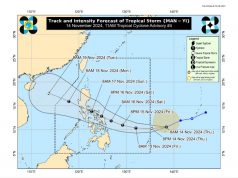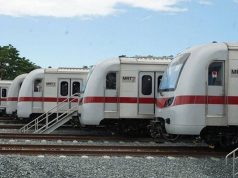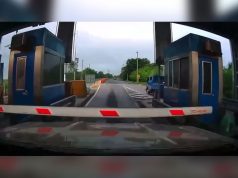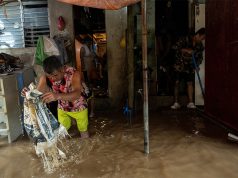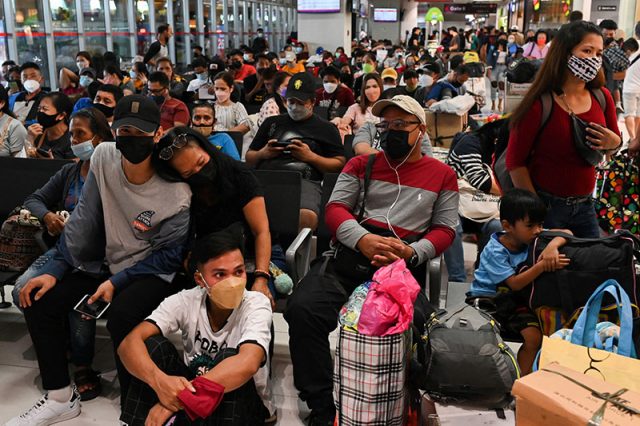
Concerned citizens aired their suggestions to the transportation department amid its “no vaccination, no ride” policy for public transport commuters in the National Capital Region.
The Department of Transportation (DOTr) said that beginning January 17, it will implement the policy for all modes of public transportation in Metro Manila.
It will be applicable to domestic travels to, from and within NCR, via land, rail, sea, and air public transport. This means non-residents who will travel to the metro would have to comply as well.
Commuters will have to present their digital or physical copies of their vaccination cards issued by their local government units or the vaccination certificate from the national government through the VaxCertPH website.
They must be fully vaccinated to be able tor travel.
According to the policy, an individual will be considered fully vaccinated two weeks after receiving his second dose for a two-dose vaccine, or two weeks after receiving a single dose vaccine.
The order is not applicable to individuals who have medical conditions that prevent them from receiving the COVID-19 vaccine, although they would have to present a certificate from their physician complete with his contact details.
Those who are accessing essential goods and services such as food, water, medicine, medical devices, public utilities, energy, work and medical and dental necessities are also exempted, provided that they will present a “duly issued barangay health pass or other appropriate proof to support and justify such travel.”
The policy, according to DOTr Undersecretary Artemio Tuazon Jr., is also applicable to those who are travelling to the vaccination sites in the metro.
It will take effect while Metro Manila is under COVID-19 Alert Level 3 or higher.
The order came after President Rodrigo Duterte asked barangay officials and the police to arrest unvaccinated individuals who will go out of their residences without justifiable reason.
The Move As One Coalition slammed the move and said that it is a “shotgun approach that will unduly burden commuters and transport workers.”
Coalition co-convenor Robert Y. Siy, Jr. believes that the policy “sets up drivers and operators for more harassment by enforcers, especially where the supply is far short of demand.”
The group added that it will “burden weary commuters who already struggle to ride limited public transport and have no other way to travel,” claiming that nine in every 10 Filipinos do not own a private car and rely on public transport.
“If the policy’s objective is to encourage more people to get vaccinated and to address vaccine hesitancy, there are other less punitive and more humane ways of achieving this goal,” it said on a statement.
“These include monetary incentives that can replace any foregone income or cover the additional costs of being vaccinated, and information campaigns by trusted community leaders to address reasons for vaccine hesitancy,” it added.
Other social media users also commented that the DOTr should make COVID-19 vaccines “accessible” instead of imposing such a policy.
“Bakit ganern?! Wala bang ways to make the vaccination accessible to them? Like subdivision level, street level, barangay levels?!” a Twitter user said in response to the report.
“Hey PH gov’t, how about free ride to vaccination site?” a pediatrician tweeted.
“Bakit ‘di niyo na lang ilapit ang vaccines instead of banning people to go outside?” another Twitter user said.
Meanwhile, the DOTr defended its policy amid criticisms of it being “anti-poor” and said that it would be more “anti-poor and anti-life” if people will get infected with COVID-19 because they are not vaccinated.
The agency said that severe infections caused by non-vaccination will result in undue burden on the health care system.
“Worse, if they infect our public transport personnel, mas delikado at mas marami ang maaapektuhan. We want to prevent a repeat of the public transport shutdown, like what happened in MRT, LRT and PNR in the past, as most front-facing passengers were infected with the virus,” DOTr was quoted as saying.
“We are doing everything we can to maintain and keep our public transport operations safe and running,” it added.
Some Metro Manila mayors, whose jurisdictions are affected by the policy, have launched more vaccination sites and announced incentives for their constituents in exchange for getting a booster shot.





